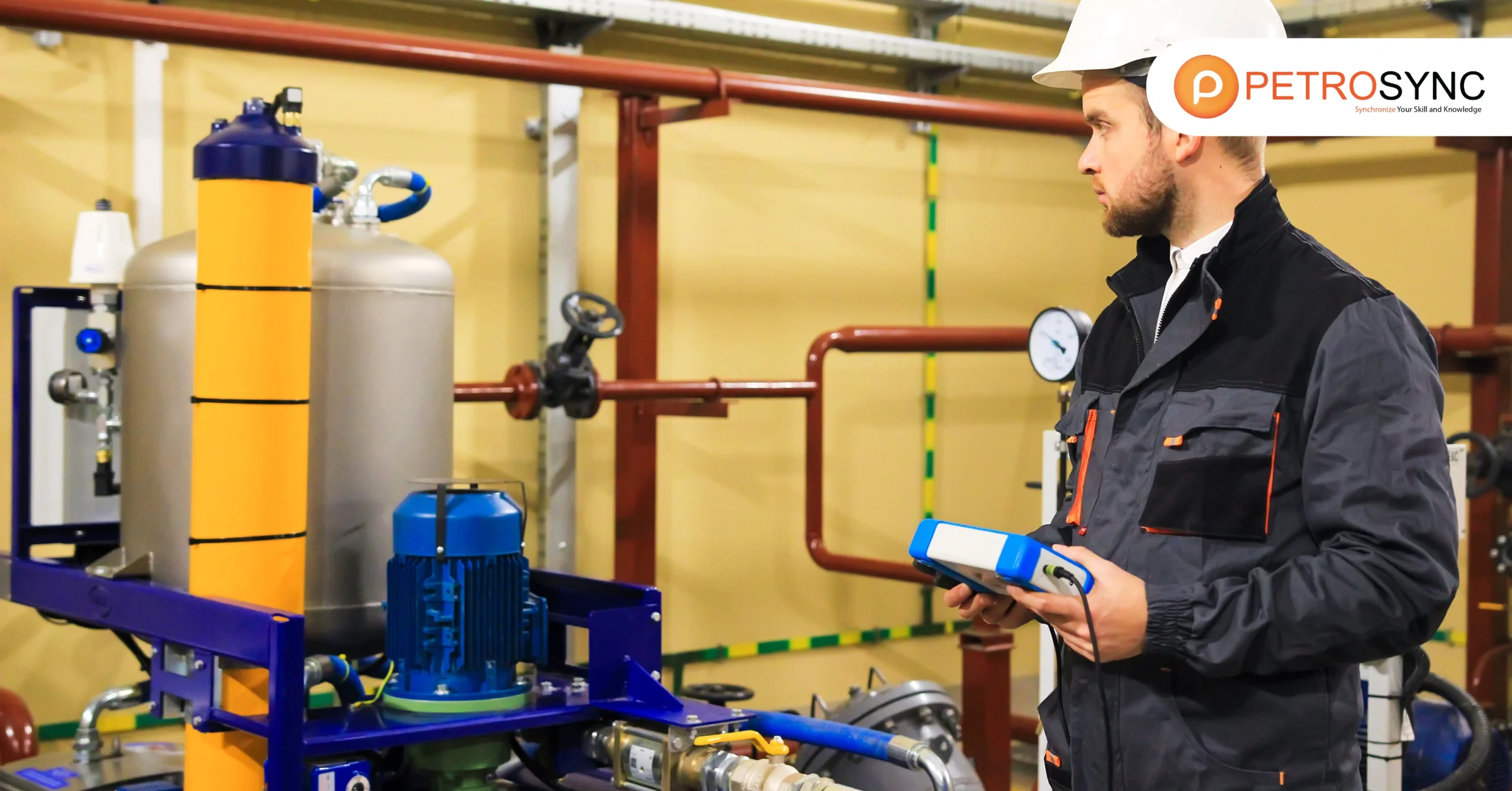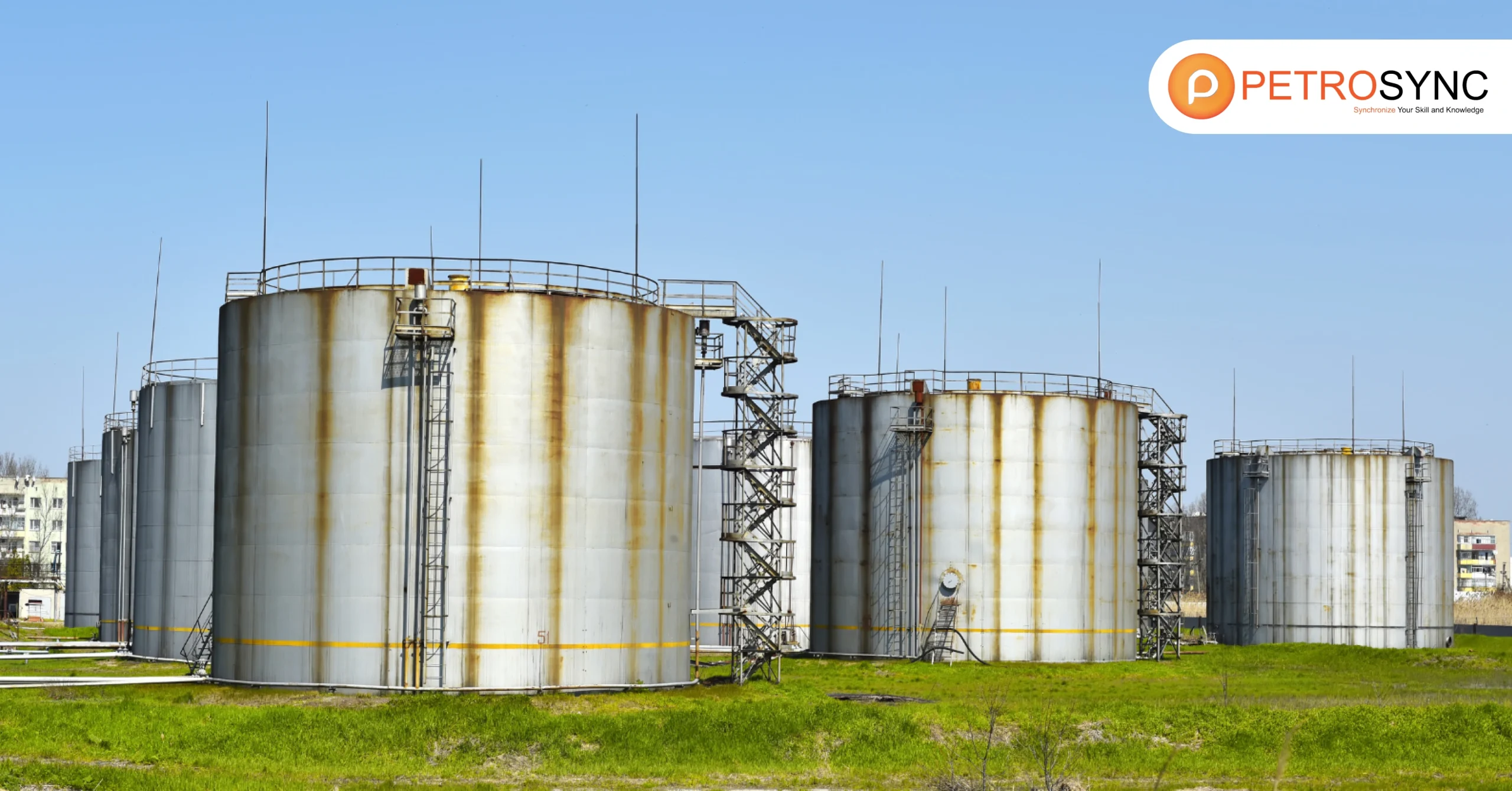Why is API Certification a crucial standard for safety, quality, and operational excellence in the oil and gas industry? This globally recognized certification not only ensures compliance with industry regulations but also fosters trust and reliability, paving the way for sustainable growth and competitive advantage.
What is API Q1 Certification?

API Q1 is a widely recognized certification that focuses on quality management systems for firms that manufacture oil and gas sector goods and components. It is based on ISO 9001 standards, but with added criteria for the petroleum and natural gas industries.
API Q1 accreditation ensures that manufacturers maintain consistent quality throughout all processes, from product design to final delivery, eliminating risks and ensuring critical equipment reliability.
Key Benefits of API Q1 Certification
- Improved Product Reliability: Certified producers can meet or exceed industry standards by adhering to strict quality controls, which ensure the safety and efficiency of oil and gas operations.
- Competitive Advantage: API Q1 accreditation demonstrates a company’s commitment to quality, allowing it to stand out in a competitive market.
- Regulatory Compliance: Certified businesses are better equipped to meet international regulatory obligations, which reduces the chance of noncompliance penalties.
What is API Q2 Certification?
API Q2 focuses on quality management systems for oil and gas service providers, particularly those who construct, service, and maintain wells. This certification is more stringent than API Q1, emphasizing risk management and contingency planning to avoid catastrophic failures.
API Q2 is developed to meet the numerous difficulties that service providers confront, ensuring that their operations remain safe and reliable.
Key Elements of API Q2 Certification
- Risk Assessment and Management: API Q2-certified businesses must identify potential hazards and apply mitigation techniques to keep operations running efficiently and safely.
- Service Quality: The accreditation highlights the importance of continual improvement and the ability to adapt to changing situations in the oil and gas business.
- Disaster Preparedness: API Q2 requires enterprises to have emergency procedures in place to reduce downtime in the event of an unforeseen catastrophe.

Results-oriented and thorough SEO specialist with extensive experience in conducting keyword research, developing and implementing digital website promotion strategies and plans, managing campaigns to develop company websites in the digital world, excellent knowledge of marketing techniques and principles, and attentive strong attention to detail.







